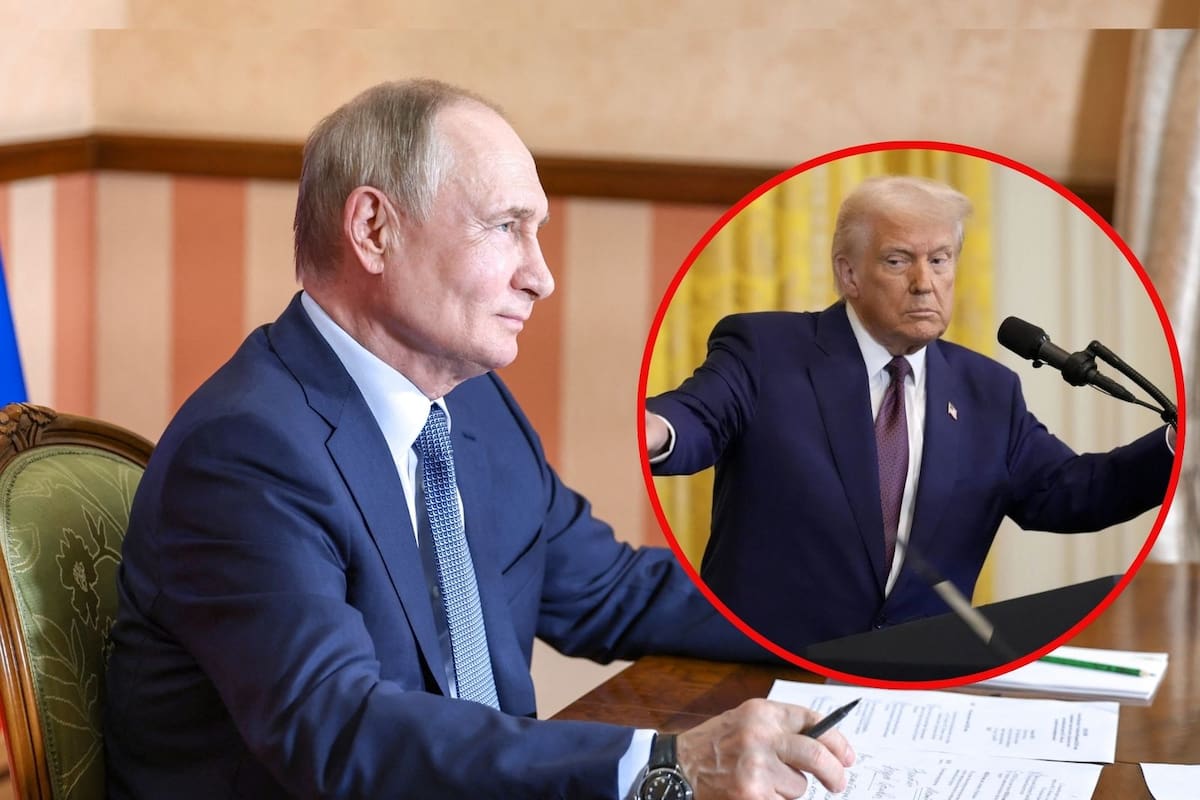Russia Dismisses Trump's Tariff Threats: 'We're Immune to Sanctions' - Moscow Responds

Moscow has brushed aside recent threats from former U.S. President Donald Trump regarding potential tariffs on Russian goods, asserting that the Russian economy has developed a 'natural immunity' to sanctions. The Kremlin's response, delivered with a touch of nonchalance, indicates a growing resilience to Western economic pressure.
“We have long been accustomed to such statements and threats,” stated a spokesperson for the Russian government. “They have become commonplace. Our economy has demonstrated an ability to adapt and overcome these challenges.” The reference to 'immunity' highlights Russia's efforts to diversify its economy and reduce its reliance on Western markets.
Trump, campaigning for the 2024 presidential election, has suggested imposing tariffs on Russian goods to pressure Moscow over its actions in Ukraine. However, the Kremlin appears unfazed by these proposals. “We continue to take note of all statements made by Mr. Trump,” the spokesperson added, but emphasized that Russia remains focused on its own economic development and strategic objectives.
Economic Resilience & Diversification
Since the imposition of widespread sanctions following the 2022 invasion of Ukraine, Russia has actively sought to mitigate their impact. This has involved strengthening trade ties with countries like China, India, and Turkey, as well as investing in domestic industries and alternative payment systems. The development of the SPFS (System for Transfer of Financial Messages) has provided a crucial alternative to SWIFT, enabling international transactions to continue despite restrictions.
Furthermore, Russia has been actively working to reduce its dependence on imported goods, promoting domestic production and encouraging import substitution. This strategy has contributed to a degree of economic stability, allowing the country to weather the storm of sanctions more effectively than initially anticipated.
Geopolitical Implications
Moscow's confident response to Trump's threats underscores a broader shift in Russia's geopolitical stance. The Kremlin appears increasingly willing to challenge Western dominance and pursue an independent foreign policy. This defiance is likely to be fueled by a perception that the West's sanctions regime has been ineffective in achieving its objectives.
The ongoing conflict in Ukraine remains a central factor in the relationship between Russia and the United States. While Trump has expressed a willingness to potentially negotiate an end to the conflict, his proposed tariffs suggest a continued desire to exert economic pressure on Moscow.
Looking Ahead
The future of U.S.-Russia relations remains uncertain. Regardless of who occupies the White House, the underlying tensions and disagreements are likely to persist. Russia's demonstrated economic resilience and its willingness to stand firm against external pressure suggest that it will continue to navigate the challenging geopolitical landscape with a degree of self-assurance. The 'taking note' statement implies a careful observation of U.S. political developments and a preparedness to adapt its strategy accordingly.






